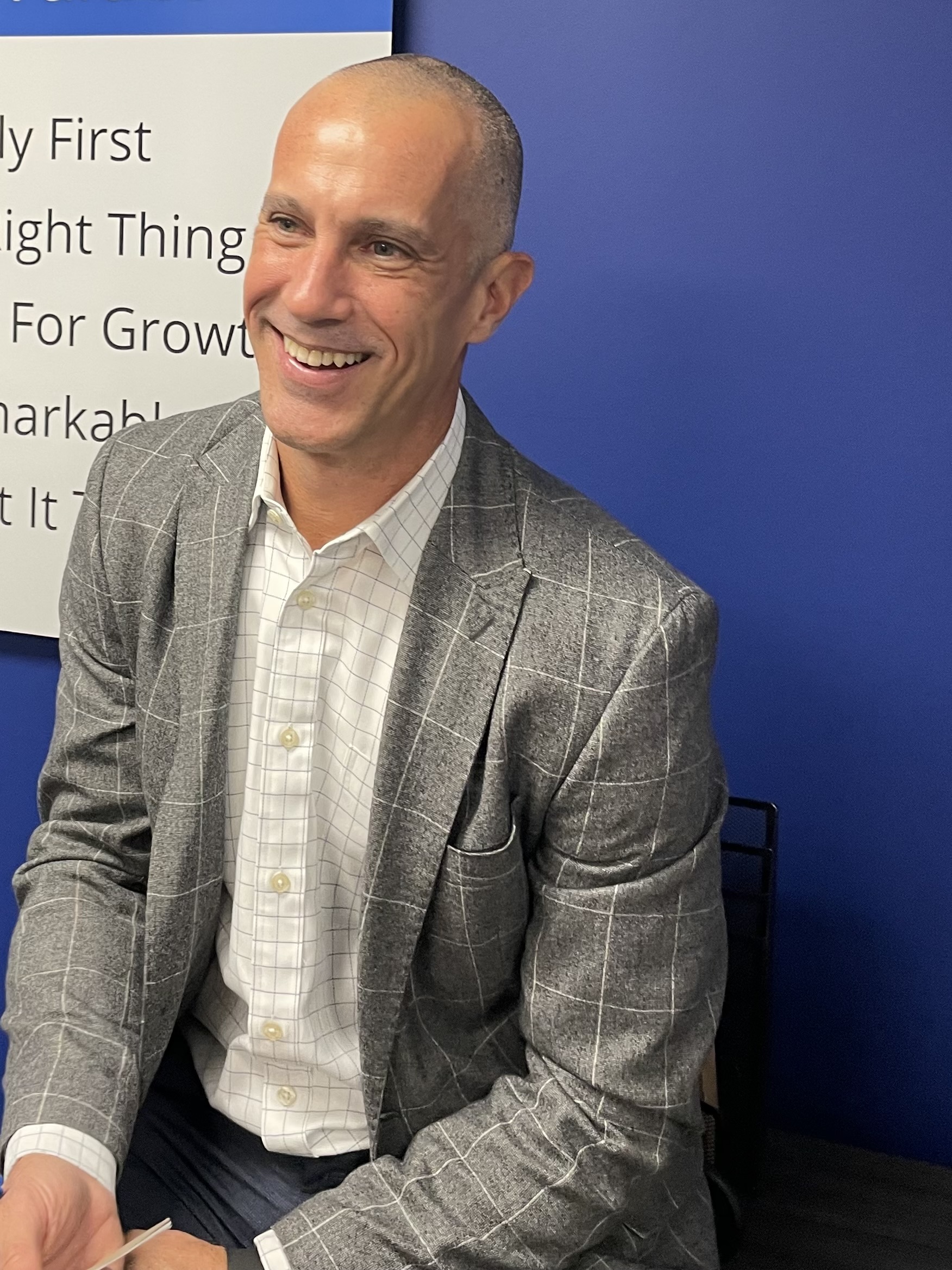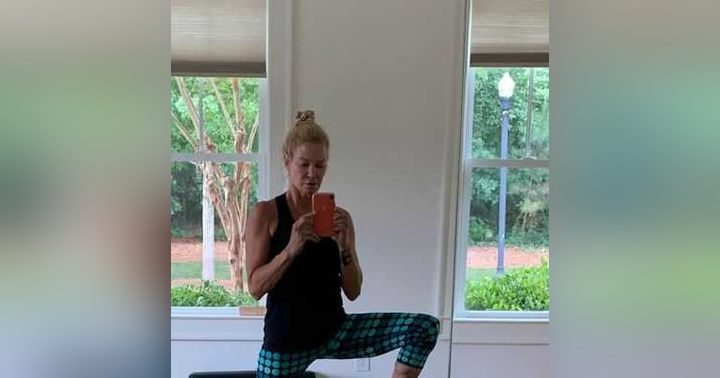
In a quiet gym lit by harsh June sunlight, Jeff Luther fell. It was the kind of fall that turns gym chatter into silence. He hit the ground with the full weight of his story—athlete, entrepreneur, father—and none of it could stop what came next. His heart simply stopped. No drama, no cinematic cue. One moment he was counting wall balls; the next, gone.
Jeff’s story didn’t start there. It began in rural Georgia, in a small town called Fairplay, where life was measured in fishing trips and the freedom to roam. His upbringing was a blend of stern expectations and old-school values, laced with early entrepreneurial sparks—riding lawnmowers and skateboards earned with sweat. Later, he cycled, ran, competed. Pain, endurance, grit—these were familiar friends.
But nothing prepared him for dying.
A Father's Shoes
On that gym floor, as his heart quaked at 386 beats per minute and his son’s shoes came into view, Jeff’s reality fractured. Fear. Confusion. Powerlessness. His body collapsed, but his mind clung to the last thing he saw—his boy. It wasn’t death that scared him. It was dying in front of his child.
His heart returned with the cold kiss of a defibrillator. It jolted him back, along with echoes of his own scream bouncing off metal walls. Paramedics arrived. He argued. He wanted to go home. His son’s birthday party was that day, after all. Death, as it turned out, hadn’t RSVP’d.
Diagnosis and Denial
Days later, doctors uttered the words that would shape the rest of Jeff's life: Arrhythmogenic Right Ventricular Cardiomyopathy. A rare, genetic heart condition. The one that had knocked him flat. The one he’d carried through ultra runs, through CrossFit, through life.
Exercise, they said, was now his enemy. But for Jeff, exercise was life. How could he stop?
He didn’t—not really. He tried. He sat in fear. He obeyed. He succumbed to the darkness of inactivity, letting depression take the reins. Gratitude felt like a cruel joke. He wasn’t thankful; he was furious. For a man who’d lived through pain and challenge and built a business from nothing, this felt like betrayal.
The Second Death
Jeff returned to the gym, cautiously. His son by his side again. And it happened—again. The dizziness, the taste in his mouth, the world spinning. But this time he knew what was happening. He knew the script. His heart danced on the edge, but the device didn’t shock. It wasn’t time.
He survived, again. But something inside had shifted. Fear cemented itself deep.
Redemption in 30 Seconds
Months later, he tried once more. He met his coach—the same one who was there when he collapsed. He walked into that same gym. No music. No crowd. Just a silent agreement: 30 seconds of effort.
When fear paralyzed him, when he wept and declared himself finished, his coach didn’t argue. He simply offered stillness and a stopwatch. Just 30 seconds.
Those 30 seconds changed everything.
It wasn’t the movement. It wasn’t the weights. It was the choice. The choice to try, again. The choice to sweat through fear, not hide from it.
By the end of that session, Jeff had completed the workout. Not quickly, not elegantly. But completely. And in that moment, he reclaimed his life.
The Life After
Jeff no longer trains for intensity. He trains for sustainability. For control. For balance. Olympic lifts, short bursts, meticulous planning. No adrenaline-chasing. No heroic sprints. Just discipline. Precision. Peace.
He became a keynote speaker, sharing his story not as a survivor, but as someone still learning to live. Not for applause, but for connection. For the others out there with unseeable scars and quiet fears.
He laughs now. He lifts. He runs, a little. He lives deliberately.
Key Takeaways:
-
Trauma doesn’t always look like tragedy—it can look like transformation.
-
Fear isn’t something you conquer once; it’s something you walk with, daily.
-
Success after survival often begins with the smallest commitment—just 30 seconds.
-
Physical health may falter, but purpose and choice remain within reach.
-
Resilience is less about heroic comebacks and more about quiet courage in lonely moments.
Jeff Luther didn’t just get a second chance. He made it matter.











